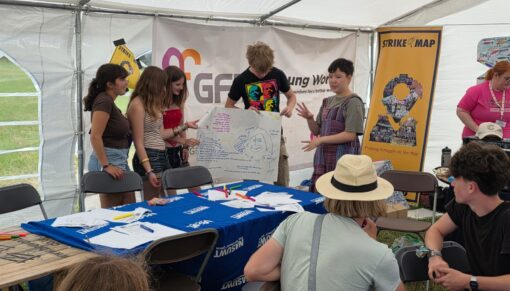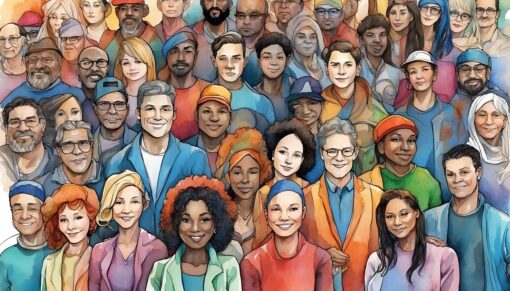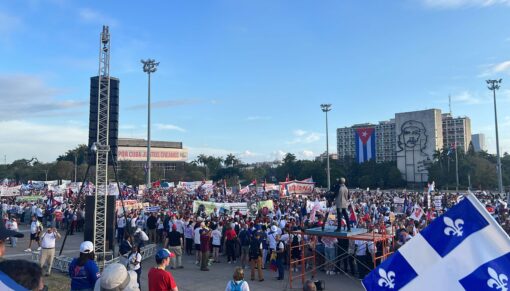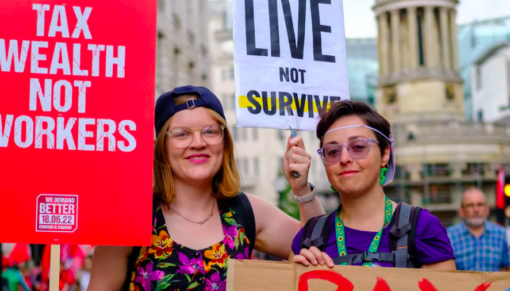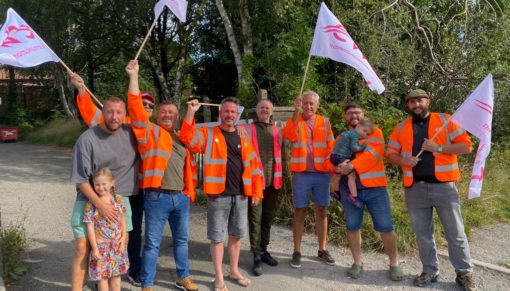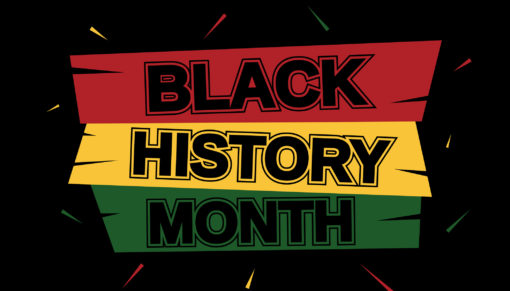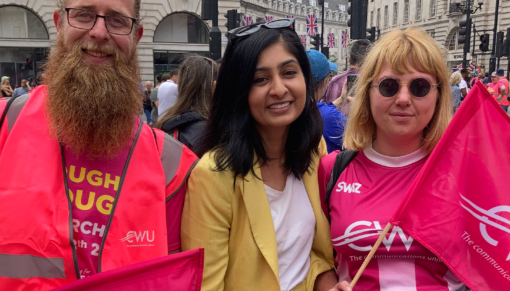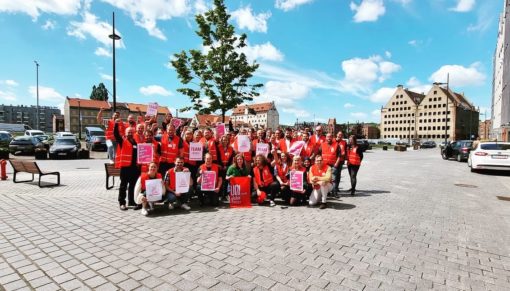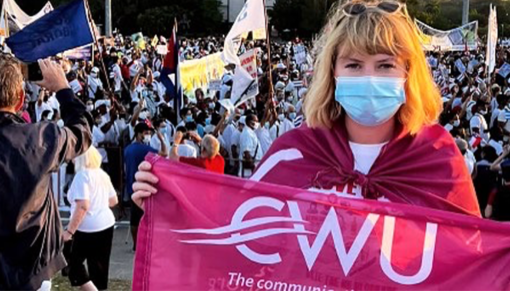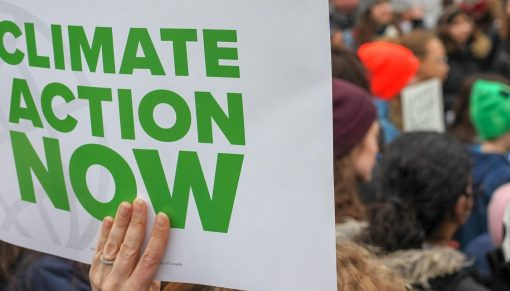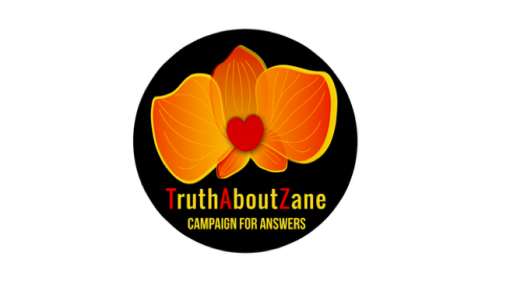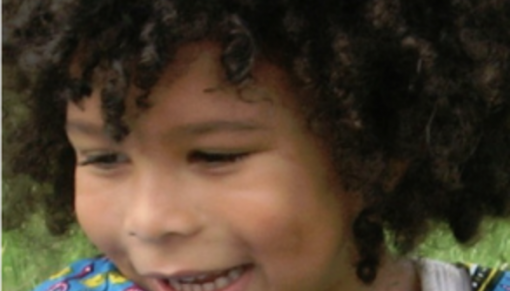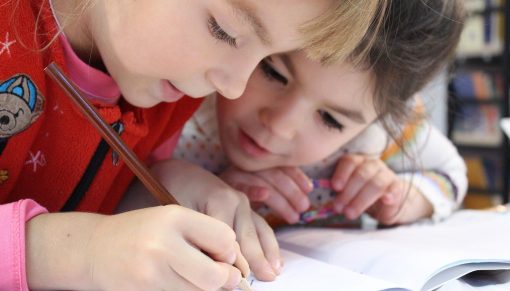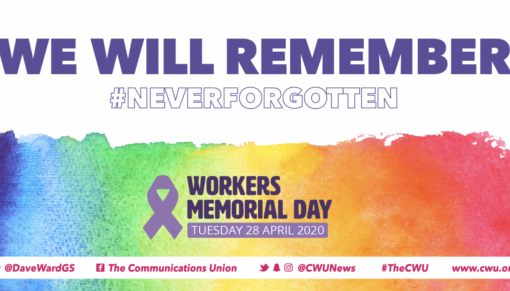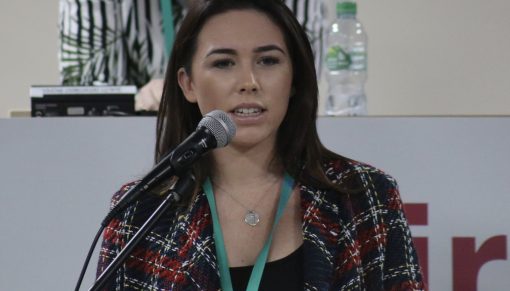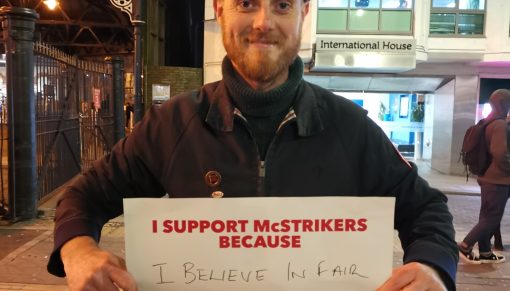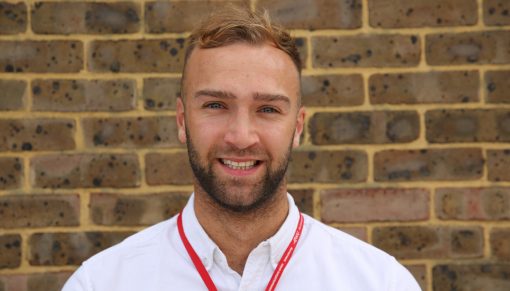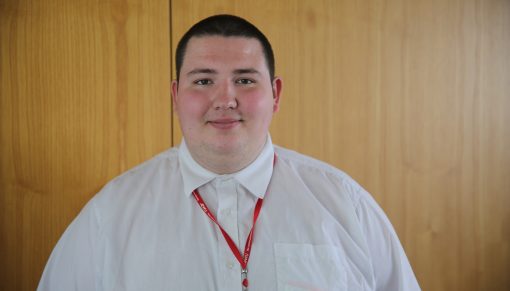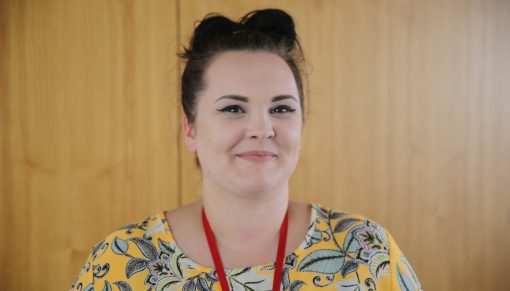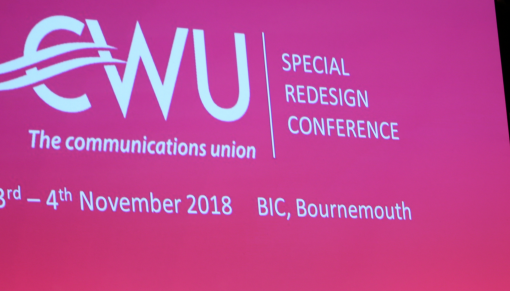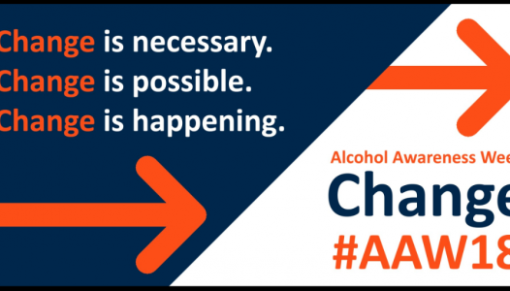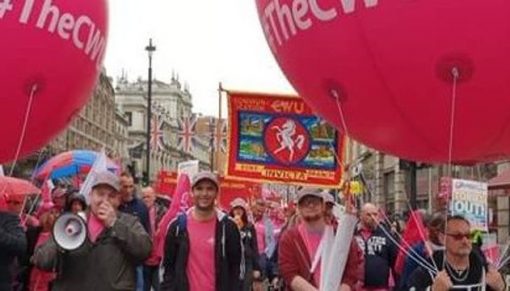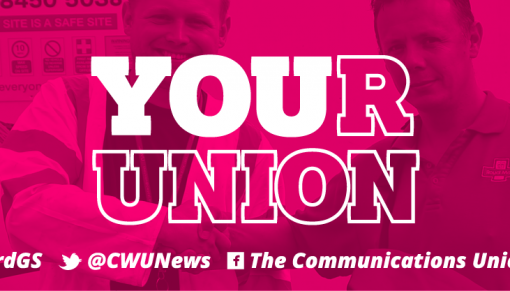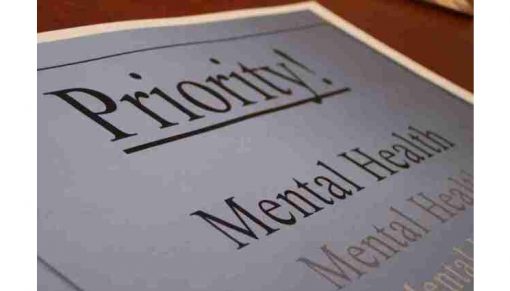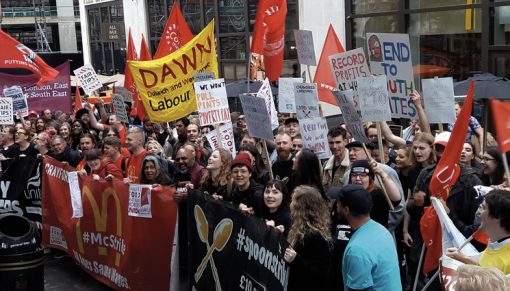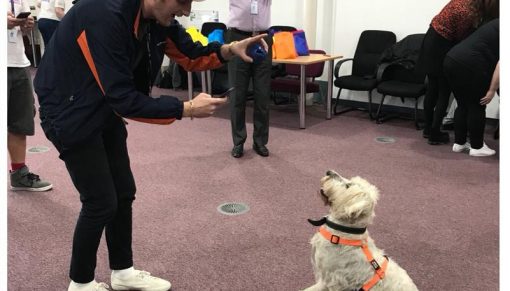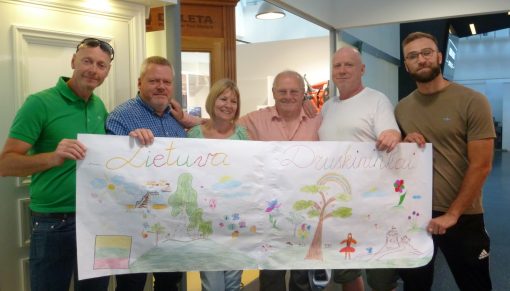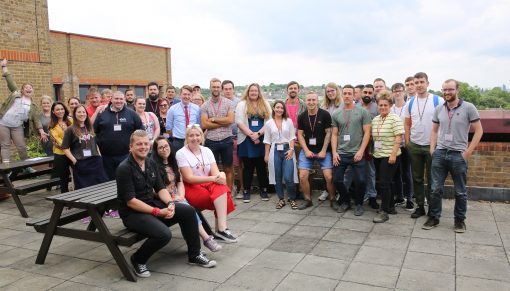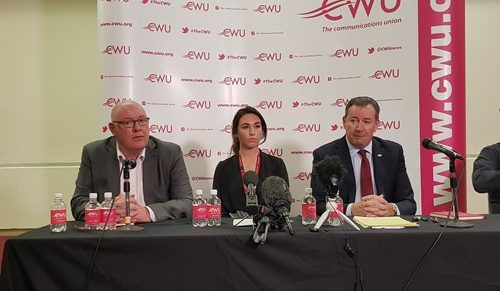UNI Europa Youth Summer School Report
November 19 2025UNI Europa Summer School 2025 – Charlotte Hoole (Merseyside Amal, North West National Young Worker Rep Postal)
Attending the UNI Global Union Summer School in Málaga was an absolutely fantastic experience and one I’ll never forget. Over the course of four days, I had the opportunity to learn, reflect, and connect with young trade unionists from around the world. Here’s a summary of what we covered and what I took away from the experience.
Day 1: Introduction to UNI Global Union & Team Building
We kicked off the week by learning about UNI Global Union—an international federation representing over 20 million workers across 150 countries in the skills and services sectors. It was eye-opening to see how different unions structure their young worker engagement. For example, some Nordic countries have no formal young worker structures, while in the UK we have a range of initiatives at different levels.
We also took part in team-building activities, which were a great way to break the ice and start forming bonds. There were 33 of us from countries including Sweden, Finland, Norway, Iceland, the UK, Germany, France, Belgium, Israel, Colombia, and Poland. It was inspiring to meet so many passionate young people from such diverse backgrounds.
Day 2: Diversity, Equality & Inclusion
The second day focused on diversity, equality, and inclusion. We explored how factors like ethnicity, gender, religion, and nationality can shape people’s experiences in the workplace and society. I became more aware of the privileges I hold and how unconscious bias can affect others—even when it’s unintentional.
We also prepared for the next day’s courtroom-style debate, where we had to argue for or against certain statements, regardless of our personal views. This was challenging but also a valuable exercise in empathy and teamwork.
Day 3: Courtroom Debate & Communication Skills
Most of the third day was spent in our courtroom debates. Public speaking isn’t my strong suit, but I gave it my best shot. The support from my team made me feel like I truly belonged. Although we didn’t win, the experience taught me a lot about confidence, collaboration, and how to argue a point effectively—even if you don’t personally agree with it.
Later, we explored communication styles and how body language, tone, and timing can influence how messages are received. I learned the importance of pausing before responding and how to use non-verbal cues to show engagement—skills that are especially useful in negotiations.
Day 4: Negotiation Skills & Collective Bargaining
Our final day focused on negotiation strategies. We learned that 65% of a successful negotiation happens before you even sit at the table. Preparation is key: understanding your demands, engaging members, building momentum, and having a clear communication strategy are all essential.
The remaining 35% happens at the table, where language matters. We were taught to avoid personal pronouns like “me” and instead use “us,” to steer clear of jokes, assumptions, and contradictions, and to always document agreements.
We then split into teams to role-play negotiations—one side as the union, the other as the employer. We ran through two scenarios, switching roles each time. It was a brilliant exercise in strategy, teamwork, and adaptability. I was proud of how well we worked together to achieve our goals.
Final Thoughts
This was a life-changing experience. I’ve come away with new skills, greater self-awareness, and a deeper commitment to fighting workplace injustice. I’ve also built lasting connections with other young trade unionists from across the globe.
A huge thank you to Marta and the Young Workers team for organising such a well-run and inspiring course. I’m excited to bring everything I’ve learned back to my workplace and continue growing as a union activist.
All young workers should have the chance to attend something like this—it truly shows what being part of a union is all about.









